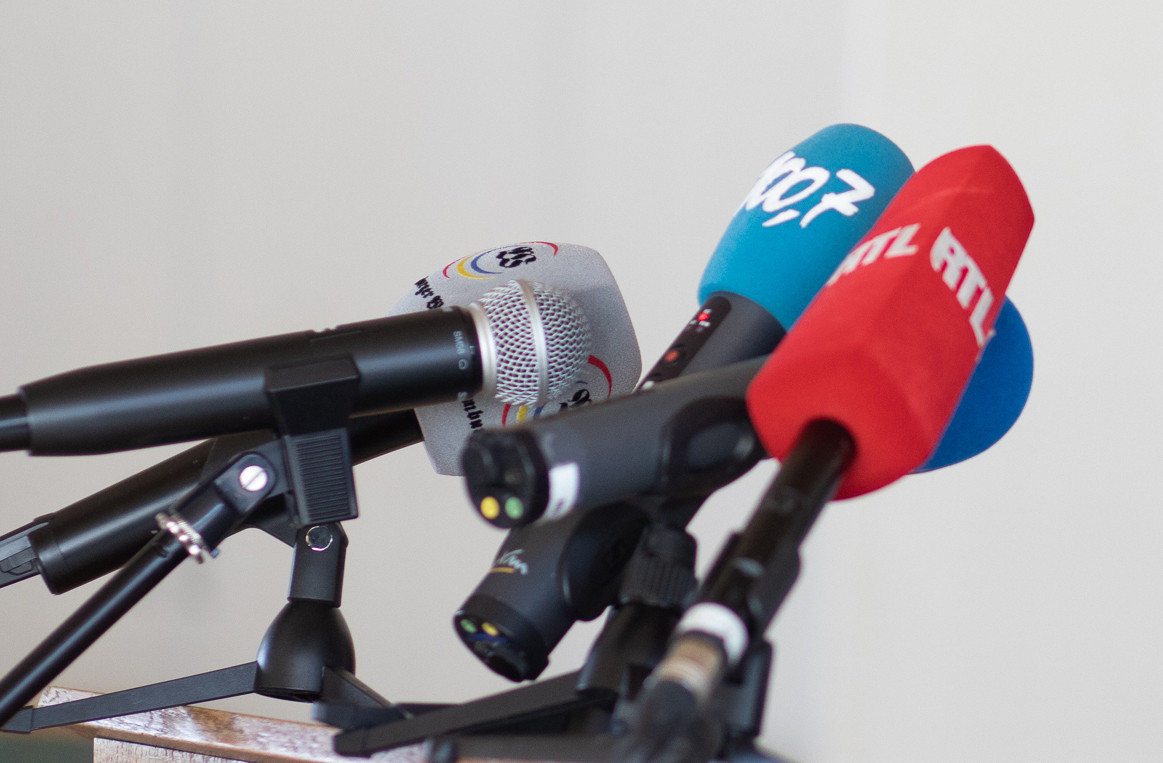The index assesses the state of journalism in 180 countries around the world using a series on indicators, including the political, economic and sociocultural context, legal frameworks and the safety of media professionals.
This year’s index used a new methodology, assessing the indicators based on a quantitative survey of press freedom violations and abuses against journalists and media as well as results from a qualitative survey of 123 questions sent to hundreds of journalists, academics and human rights defenders selected by Reporters Without Borders.
Because of the change in approach, the results from 2021 and 2022 are therefore not immediately comparable.
Luxembourg’s worst score was in the legislative framework as the country is still lacking comprehensive freedom of information laws. “Access to state-held information is not guaranteed, despite repeated requests from the journalists’ union,” Reporters Without Borders said.
Access to documents
A 2018 law created a so-called commission on the access to documents (CAD) where the media and other public and private stakeholders can request access to information from the government and communes.
However, a long list of documents is excluded from the commission’s reach and its opinions are consultative, meaning the government can choose to withhold the information even after the commission has said it should be released.
This was the case in 2020 when the Mouvement Ecologique demanded to see a Memorandum of Understanding signed between the commune of Bissen and internet giant Google for a data centre to be built in the commune.
The commission agreed that the document should be released but the government decided to hold on to it, showing it only to a small group of lawmakers who sit on the parliament’s economic committee and who are bound by confidentiality rules, risking sanction if they reveal the document’s contents.
The Mouvement Ecologique filed a legal complaint, but a tribunal sided with the government and said the document could stay secret.
The government at the start of the coronavirus pandemic also faced criticism for not releasing enough information and data to journalists, with the health ministry still slow to respond to media requests, which health minister Paulette Lenert (LSAP) has attributed to a lack of staff.
Conflicts of interest
In the context of the pandemic, “some journalists have been threatened on social media […] or subjected to intimidation attempts during protests against health restrictions,” the index said about Luxembourg’s score. “Although the government plans to legislate on this subject, such activity is not currently penalised by any existing law.”
Justice minister Sam Tanson (déi Gréng) has said she wants to who circulate the private addresses and contact information of journalists exposing them and their families to threats. A member of parliament, Roy Reding (ADR), in December last year had of a Tageblatt journalist in a Telegram anti-vaccine group, which led to death threats against the reporter. Reding later said he had sent the information accidentally.
The RTL media conglomerate dominates the news
Reporters Without Borders also noted media concentration in the grand duchy, as “the RTL media conglomerate dominates the news”. A European media pluralism monitor last year had criticised a in the media landscape, saying that broadcast media in particular don’t cater to the country’s international population.
On the revenue side, Reporters Without Borders warned that the country’s numerous media outlets, given the small size of the market, “remain under pressure and the grand duchy’s small size encourages conflicts between the media’s work and various economic interests.”
Overall though, the country’s media “operate independently and journalists enjoy a great degree of freedom vis-à-vis the government and politicians,” the index said, adding: “The press is widely read in Luxembourg, and the public’s level of respect for journalists is one of the highest in the EU.”
Record “very bad” countries
Elsewhere in the world, the situation looked less optimistic as the situation of journalists was classified as “very bad” in a record number of 28 countries in this year’s index. The ten worst countries for press freedom are Syria, Iraq, Cuba, Vietnam, China, Myanmar, Turkmenistan, Iran, Eritrea and North Korea.
“The creation of media weaponry in authoritarian countries eliminates their citizens’ right to information but is also linked to the rise in international tension, which can lead to the worst kind of wars,” said Reporters Without Borders secretary general Christophe Deloire in a statement.
The organisation criticised growing divisions and polarisation within democracies, driven by what it calls the “Fox News model”, but also the media’s abuse by despotic regimes to wage propaganda wards against democracies. “The invasion of Ukraine by Russia at the end of February reflects this process,” it said.
Norway, Denmark and Sweden topped the ranking. The US ranked 42nd.
